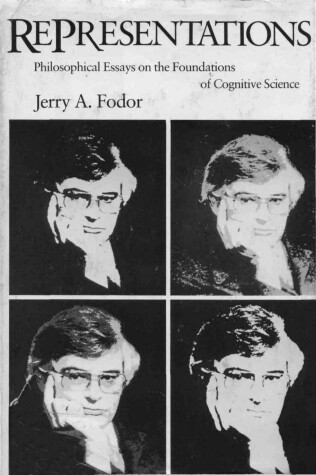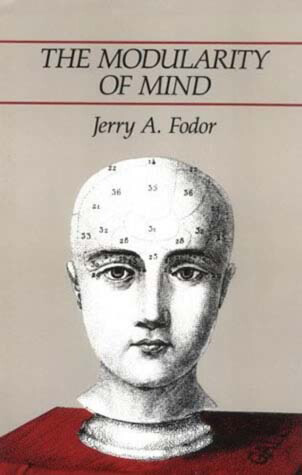A Bradford Book
2 total works
These essays will shape discussion in the philosophy of psychology for years to come.
A collection of eleven essays dealing with methodological and empirical issues in cognitive science and in the philosophy of mind, Representations convincingly connects philosophical speculation to concrete empirical research.One of the outstanding methodological issues dealt with is the status of functionalism considered as an alternative to behavioristic and physicalistic accounts. of mental states and properties. The other issue is the status of reductionism considered as an account of the relation between the psychological and physical sciences. The first chapters present the main lines of argument which have made functionalism the currently favored philosophical approach to ontology of the mental.The outlines of a psychology of propositional attitudes which emerges from consideration of current developments in cognitive science are contained in the remaining essays.Not all of these essays are re-presentations. The new introductory essay seeks to present an overview and gives some detailed proposals about the contribution that functionalism makes to the solutions of problems about intentionality. The concluding essay, also not previously published, is a sustained examination of the relation between theories about the structure of concepts and theories about how they are learned. Finally, the essay "Three cheers for propositional attitudes", a critical examination of some of D. C. Dennett's ideas, has been completely rewritten for this volume. A Bradford Book.

